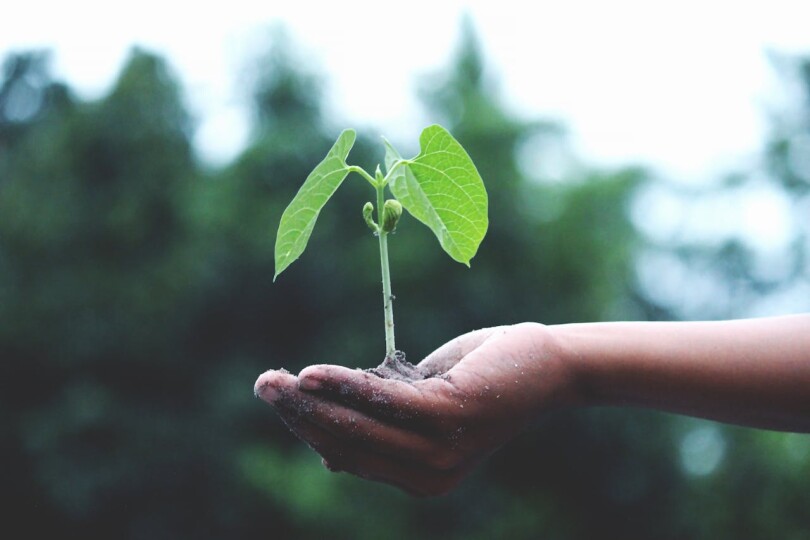Why Is the Gulf Attracting Climate Tech Businesses?
28 Jun 24
Enviro ChatThe Global News Source for the World of Science and Chemicals
28 June 2024
Enviro Chat
Historically speaking, the Arab Gulf has built its reputation and its riches from the massive reserves of oil and gas found beneath its terrain. However, global warming, climate change and an increased incidence of extreme weather events have made it clear that the human race must eventually transition away from fossil fuels to more sustainable sources of power.
This has led to a plethora of European climate tech companies moving their operations to the Middle East. That’s because the region is ripe for redevelopment with regards to its energy infrastructure, while it also has the climate and the political will conducive to engineering real change with regard to how we generate energy. A pressing need
Given its arid climate and scarce rainfall, the Gulf is heating up twice as fast as the rest of the world, while the floods which have decimated parts of the UAE in recent months are a further indicator of how urgent the issue is becoming. With that in mind, governments across the region are serious about investing in sustainable and climate-proof amendments to their current operations.
What’s more, the plentiful sunshine which the Middle East experiences means that it can produce abundant and inexpensive solar power. In terms of greenifying existing infrastructure and implementing real change for the future, this is an invaluable asset that is proving extremely attractive to European startups, investors and pioneers. Recycling waste materials
The industrial heritage of the Middle East means that it’s also a happy hunting ground for waste materials. In particular, there is a substantial amount of methane contained in the landfill sites, wastewater reservoirs and oil and gas fields which will continue to exist even after the energy transition is fully underway.
As such, it makes sense to take advantage of this waste byproduct to turn it into graphene. This useful substance can be leveraged as a building material or as a component in batteries, thus turning a harmful waste gas into a viable commodity. As such, these types of climate-minded businesses are reducing the unwanted effects of the oil and gas industries now and in the future. Hungry for change
Another aspect of the region which lures overseas tech interests is its food supply. Inhospitable cultivation conditions mean that a large percentage of its food must be imported (in the UAE, for example, this stands at 85% of all food consumed in the country). Therefore, it serves as the perfect location to introduce ground-breaking new technologies such as vertical farming and cultivated meat.
Vertical farming, which relies on growing crops indoors in tiered racks, minimises space occupation and maximises resource use. However, it has suffered of late in Europe due to the price of energy involved in powering its farms. The Gulf, with its plentiful sunshine, circumnavigates this issue. Cultivated meat could also be on the menu in the near future in the Gulf, given that the region currently imports almost two thirds (62%) of its meat products from overseas.
DOWNLOAD PDF

2 Day Seminar Program
@ ArabLab+ 2024
24 & 25 September 2024
Your stay in Dubai
Labkit
Product News
Chemkit
Product News
Thinking about exhibiting at ARABLAB 2024? Watch our video to find out more.
Join the world’s leading organisations…
Join our mailing list and receive the ARABLAB newsletter and event updates.